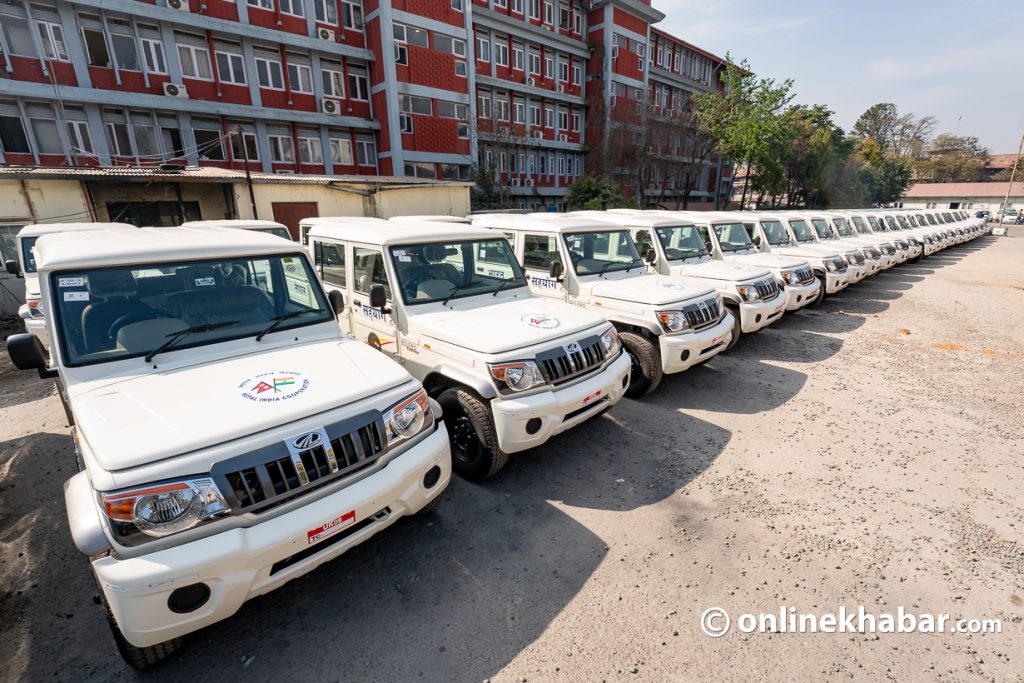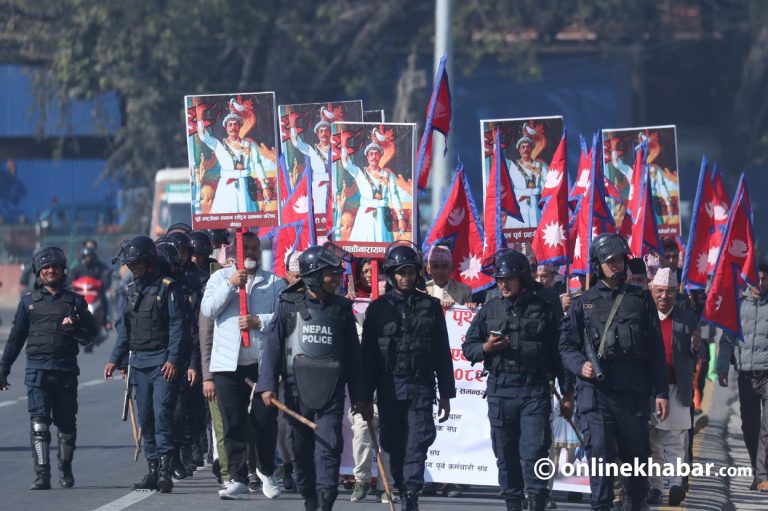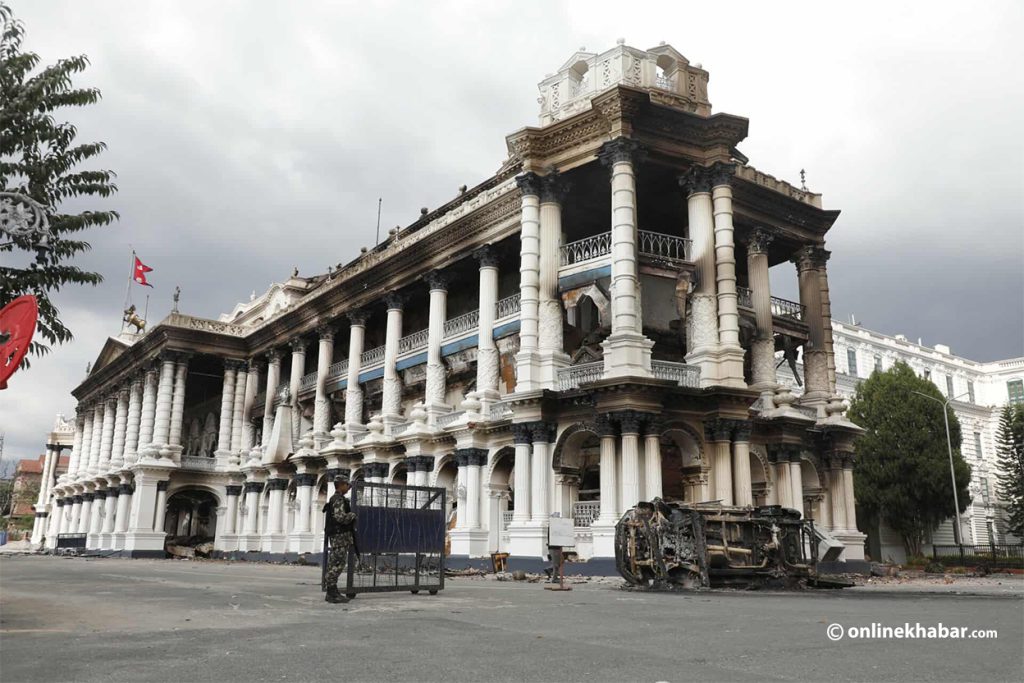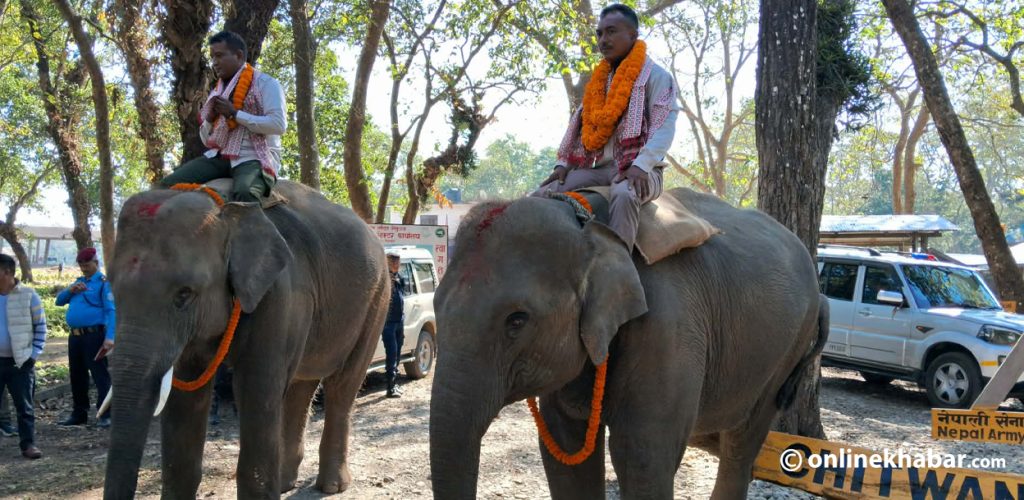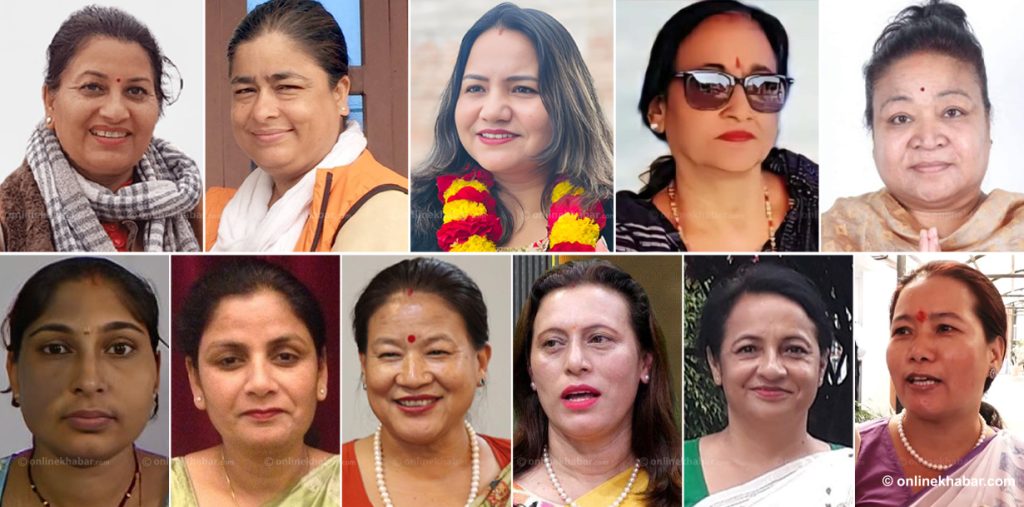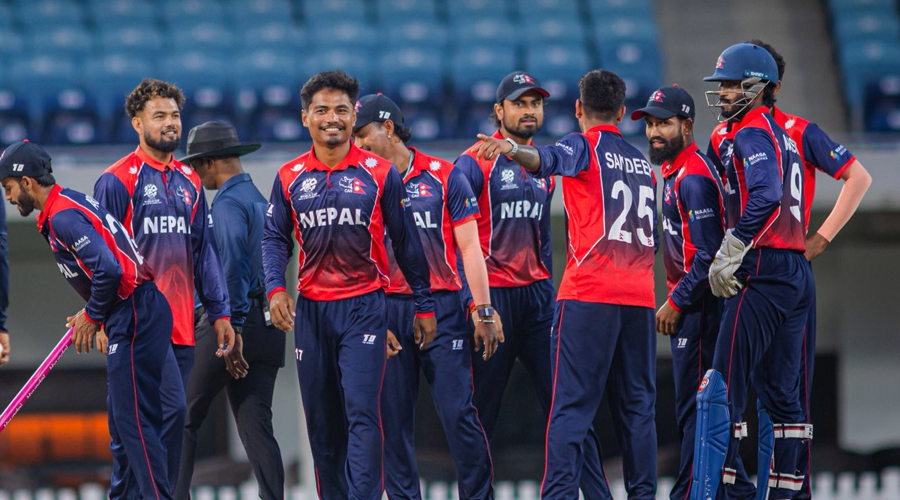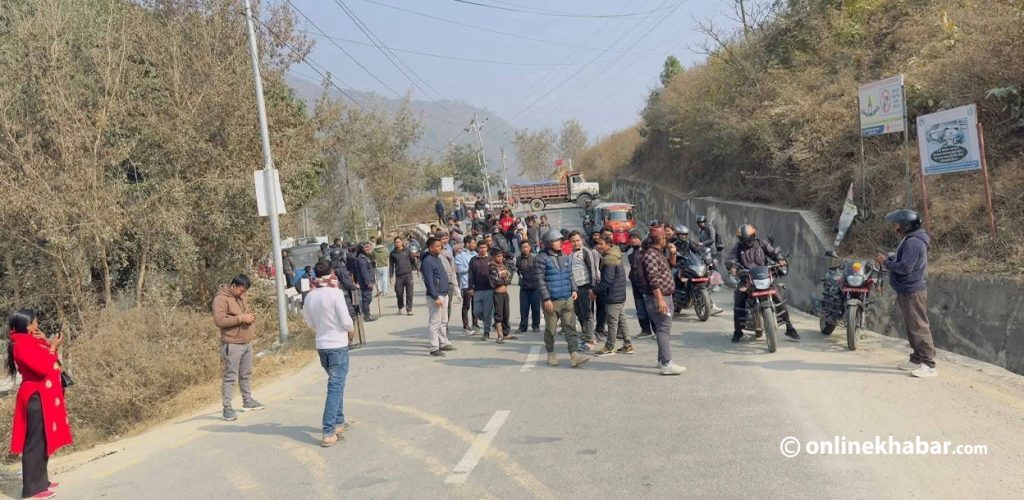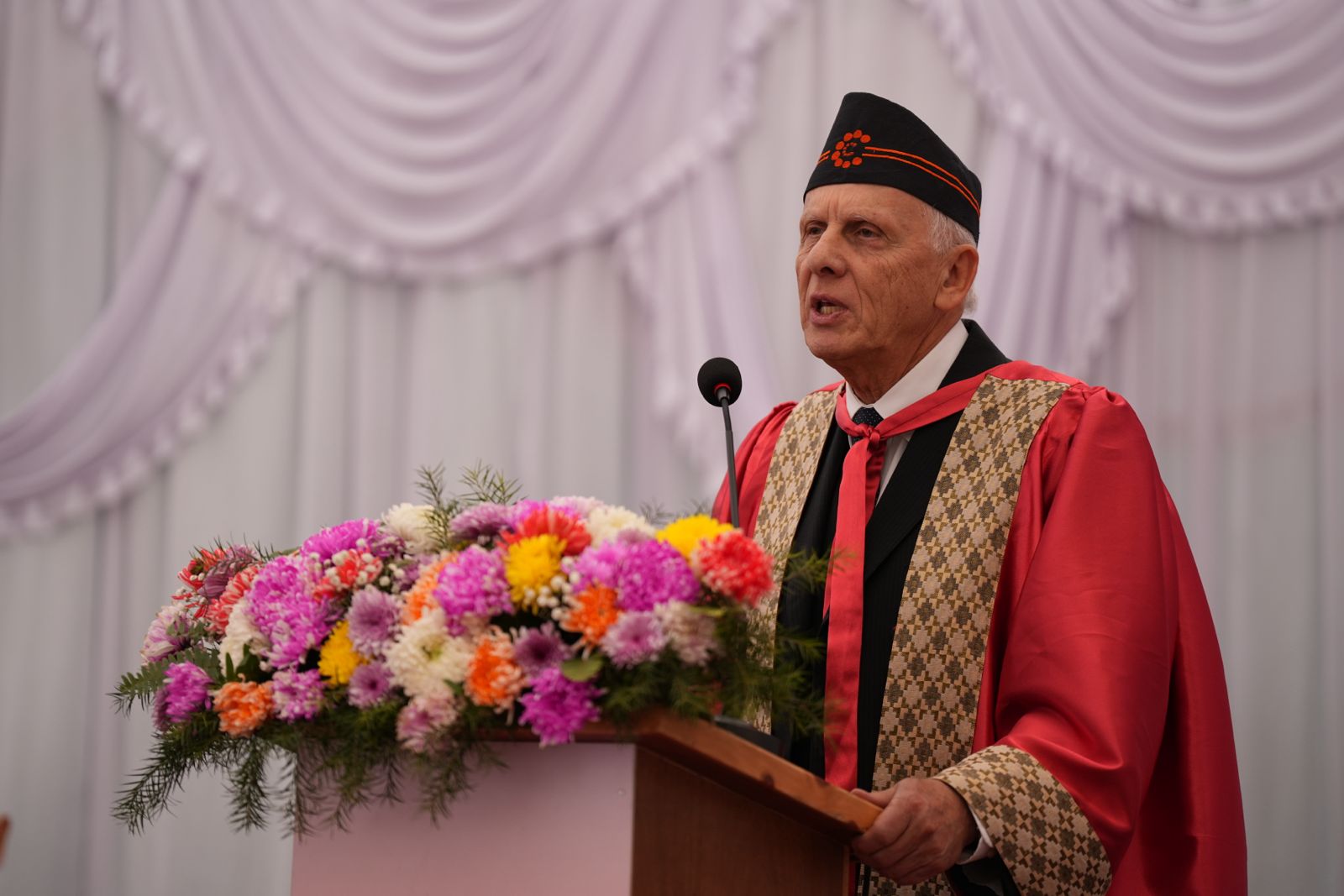
In a recent effort to strengthen cordial neighbourhood diplomacy, Prime Minister Pushpa Kamal Dahal is visiting India for three days, from June 9 to 11, at the invitation of the Indian government, to attend Prime Minister Narendra Modi’s inauguration for 3.0 premiership which is scheduled to take place in New Delhi on May 9.
It is noteworthy that PM Modi invited Dahal to attend the swearing-in ceremony. Following the dramatic ceremony, the two prime ministers are expected to have an important meeting to discuss bilateral and regional issues. The important high-level meeting can symbolise India and Nepal’s strong and thriving relationship.
Modi’s bid for a third consecutive term presents a rare chance to strengthen this bond and benefit Nepal greatly. The discussions, get-togethers, and interactions that Dahal will have during his visit could show how ready the Indian populace and government are to honour its good neighbour, Nepal by fostering mutual development and collaboration.
Their win-win diplomatic functionality has greatly expanded, particularly in the areas of commerce, transshipment, transit, tourism, connectivity, interpersonal relationships, and crucial government-to-government relationships.
Deepening bilateral ties and promoting regional stability
Shortly after the results were announced on Tuesday, Dahal congratulated Modi on winning the election. After Modi’s Bharatiya Janata Party won 240 seats in the 543-member lower house, Dahal took to X to “note the successful completion of the world’s largest democratic exercise with the enthusiastic participation of the people of India.”
Additionally, the prime minister and Modi spoke over the phone, highlighting their mutual respect and good relationship. It takes place in the context of clearly stronger bilateral relations between the two South Asian neighbours, a relationship that is shaped by history and location and cannot be replaced.
Dahal’s visit to India should now strengthen the relationship and elevate the Nepal-Indian bond by clearing up misconceptions on a few key points and establishing mutual trust. Given the disagreements between India and Nepal over several important bilateral issues, the lack of win-win regionalism in South Asia, and the geopolitical unpredictability of the region, Prachanda’s visit to India is significant. It also presents a chance for both leaders to deepen their bilateral ties and promote regional stability.
Significance of the visit
The visit ought to serve as a lighthouse, pointing the way toward a future in which the economy is more diverse and integrated. The timely response to Dahal’s India visit to attend Modi’s Inauguration highlights the significance of the relationship between Delhi and Kathmandu.
His visit serves as a reminder of two things: first, how crucial it is for Nepal to establish strong diplomatic relations with India, and second, how India sees Nepal as a good neighbour. This demonstrates unequivocally the importance of the relationship between the governments of Nepal and India. Nepal is ready to work with India right now to promote the logical and steady expansion of bilateral relations, which is best for the people of both countries.
This indicates even more how dedicated both governments are to enhancing their partnership. Considering that Nepal emphasizes its strong ties to India and that the two leaders enjoy a friendly and personal relationship, the only Indian prime minister to visit Nepal several times, Modi is well-versed in strengthening ties with the country. Therefore, the Modi government has a great chance to establish strategic relations with its reliable neighbour, Nepal. The renewed Indian leadership ought to provide a pause for introspection to assess the state of affairs and identify possible areas of cooperation while keeping Nepal’s interests and concerns in mind.
Nepal and India’s historical, cultural, and civilizational ties must endure. Geographical, historical, cultural, and economic ties, along with centuries-old relationships between people, are significant features of both nations. But even more than emphasizing the close ties between the two nations, Prachanda’s prompt and accommodating visit to Delhi following Modi’s inauguration for a third term revived the notion of an India-Nepal community united by shared aspirations for progress and standing.
The bond between Delhi and Kathmandu has long been characterized as an unbreakable, steadfast friendship built on mutual respect, trust, and a commitment to genuine, people-centred cooperation. Nevertheless, there are numerous chances for India and Nepal to strengthen their relationship, especially since PM Modi and PM Prachanda have pledged to continue working together to fortify the two countries’ long-standing and close ties.
The new Indian government is anticipated to uphold the country’s stable and consistent foreign and domestic policies, continue to build stronger ties with its neighbours, including Nepal, and recognize the notable improvements in both countries’ people’s lives over the previous years to foster an environment that is conducive to Nepal’s national development.
Furthermore, the leaders conveyed their intention to enhance the transformative relationship in every aspect, encompassing interpersonal interactions, energy security, connectivity, encompassing digital links, and economic and development alliances.
In the coming days, they can both endeavour to make their relationship stronger. In the coming days, it may be possible to resolve the differences between India and Nepal regarding the Peace and Friendship Treaty, the Agnipath recruitment program, and certain border issues. Resolving outstanding issues will strengthen their collaboration even more. Under Modi’s leadership, both Nepal and India have a bright future thanks to their long-standing friendship, which was demonstrated by Dahal’s visit to New Delhi.
‘Neighbourhood first’ policy of Modi’s election
The “Neighbourhood First” policy of Modi’s election campaign, which is also emphasized in their manifesto for the 2024 election, reiterates India’s dedication to fortifying ties with its neighbours, including Nepal. The prospect of a third term for Indian Prime Minister Narendra Modi is encouraging for Nepal-India ties. Together with the observable gains in trade, energy, connectivity, defence, and cultural exchanges, Delhi and Kathmandu have a great rapport that lays a solid basis for future collaboration.
The two administrations should collaborate closely to maintain the current attempts to investigate cross-border hydroelectricity diplomacy, more cross-border economic engagements, and regional connectivity like BBIN, cross-border pipelines, integrated check posts, railways, roads, and digital connectivity. The tri-nation hydroelectricity corridor between India, Nepal, and Bangladesh will also continue. Given that Modi has pushed for “Neighborhood First” in his interactions with South Asian countries, India’s collaboration with Nepal will be essential to the revival of the SAARC mechanism and the advancement of great regionalism in South Asia.
It is evidence of the conviction that South Asian countries, including China and Nepal, can jointly create a more resilient, just, and sustainable regional economy via strategic cooperation and a shared dedication to regional and multilateral cooperation. The strong relationship between India and Nepal will gain significant impetus. Since the partnership between India and Nepal shows dynamic and developing cooperation that goes beyond providing basic infrastructural assistance, it might attract a lot of attention.
The interests of both nations are served by a strong and stable relationship that fosters prosperity and peace on a local and regional level. The dynamic relationship that exists between India and Nepal ought to keep growing. As long as they accomplish their shared goals, both administrations should maintain friendly relations, which are essential to maintaining peace and stability in the region.





